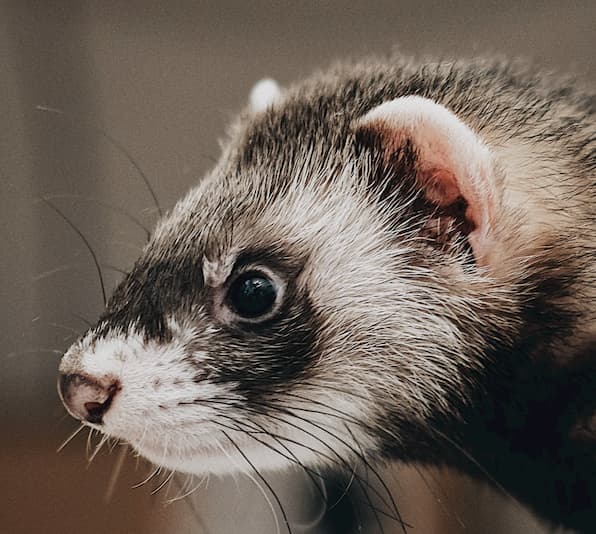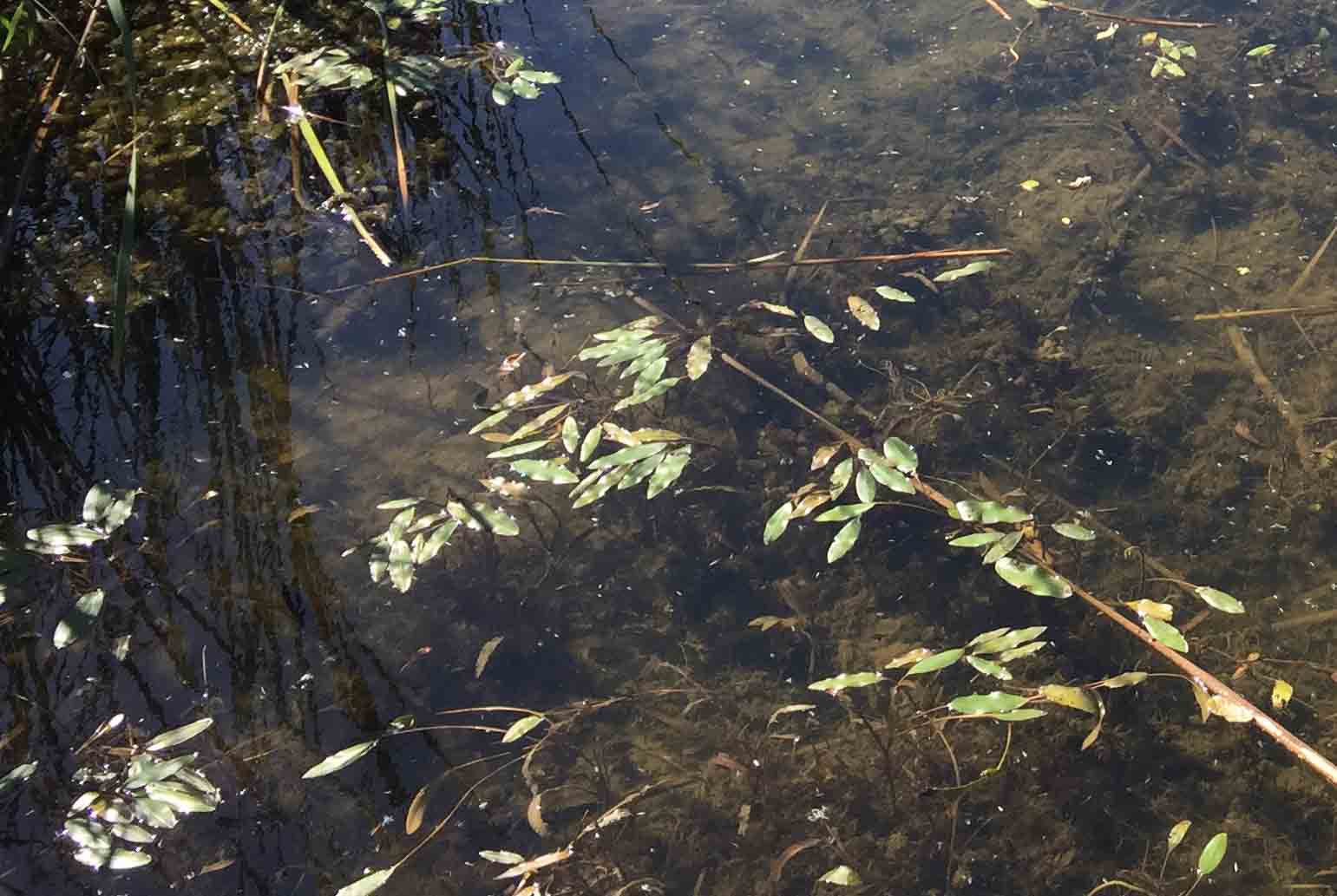Do you want to know how to look after a reptile?
Ferrets are complicated creatures with complicated needs. This section will tackle its necessities: how to satisfy the ferret’s nutritional requirements, how to keep your ferret and his cage clean, and how to provide the activities he needs to stay happy and healthy. This will also teach you how to take care of your ferret a couple of steps further by going into issues such as environmental enrichment and alternative diets for your fuzzy.
Since World War II, people have been feeding their ferrets with human-made moods – mostly out of convenience or lack of anything else good to feed. Recently, the ferret world has seen a switch to more natural diets.
Natural diet consists of feeding, among other things, bones, meats, and organs. Some people believe the only way to true pet health is to feed a diet that involves animal evolved eating. Some of the benefits of natural and evolutionary diets include an assurance that your ferret is getting her essential nutrients. For example, those essential amino acids are commonly found in the foods her wild relatives eat: birds, frogs, lizards, mice, rabbits, rats, and squirrels. Calcium is another example: many human-made cats, ferret, or kitten foods lack quality meals, so ferrets are losing out the needed calcium.

A healthy ferret on a varied and natural diet doesn’t need to have food available at all times. The ferret’s wild relatives eat only once or twice a day, sometimes even missing days when food is scarce. A natural diet (bone, meat, skin, and so on) for ferrets helps to flush out the intestinal tract, causing it to be less prone to hairballs and other obstructions. Another advantage is that this is generally easier on the teeth, most notably that they only have limited chewing capability.
Now it’s time to tackle cleaning the house for a cozy cage. When you set out to clean your ferret’s cage, grab the food dishes and water bottles first. Pooping and peeing are frequent activities with ferrets, so finding an occasional mess in the food dish is common. Thoroughly clean these using soap, water, and a bottle brush for gentle scrubbing. You can also use a mixture of baking soda and water or vinegar and water.
On the other hand, when cleaning the ferret cage, make sure that you do not use the kitchen or kitchen skin because you can contaminate areas where you prepare food. Use a bathroom sink or laundry room sink to do our cleaning.
You have plenty to think about before bathing a smelly ferret. However, take note that not all ferrets like baths, so knowing what to do can ease the anxiety both of you may be feeling. Bathing is important, but remember that you don’t wash the ferret too frequently. Bathing strips the skin and fur of the natural oils. Excessive bathing also can lead to dry, flaky skin, and coarse fur.
You’ll probably notice initially that your ferret has a stronger smell than before the bath. Don’t worry. The smell improves within a day or two. Unless your ferret gets into something really nasty, don’t bathe him more than once a month. It is suggested to bath the ferret only a few times a year. Choose a mild shampoo, like baby shampoo. Aside from the many ferret shampoos available on the market now, a shampoo safe for cats works well too.



